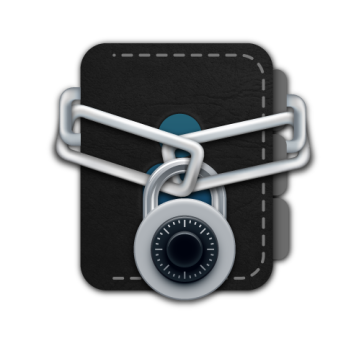
via Google Images
Yes, it’s easy to download e-books lickety-split, and yes, they’re great to read on trains, planes, and big ol’ public transit (although I still get car sick reading anything in the car). However, do we really own our e-books? And what are the implications of owning or not owning said e-books?
For some of y’all, this info is old hat. You already know that when you buy a new book from Amazon (unless it’s in the public domain), that you’re essentially renting the book. Why is this? The reason for this is DRM (Digital Rights Management). It’s certainly more difficult to lend your bestie your whole e-collection of Janet Evanovich or JK Rowling without actually lending her the reading device itself.
The eerie censorship quirks of DRM became a bit more common knowledge with the Orwell debacle in 2009 when Amazon remotely erased from many Kindles copies of Orwell’s 1984 and Animal Farm (highly ironic that 1984 was erased, don’t you think?). Back in October, Norwegian IT Consultant Linn Nygaard had her Kindle account randomly deleted by Amazon (with all 30-something books attached to it) for reasons unknown to her. She tried multiple times to get her account reinstated, and Amazon would not reinstate her account and would not tell her why.
This is not just the case with the Kindle. Other issues can happen with the Nook and other proprietary e-readers. Barnes and Noble can withhold access to your e-books if your credit card on file is expired even though you have already paid for your books.
There are also some pretty cool things to come from this Big-Brother-esque e-reader technology, like whether people read a book straight through, how long it takes them, and if they finish it at all. For example, the WSJ tells us, “It takes the average reader just seven hours” to finish Mockingjay, the third Hunger Games book. As literati Nathan Bransford put it on his blog back in November, “Your E-Reader is Watching You.”
There are lots of pros and cons here. What do you all think? Does DRM make you want to buy hard copy books? Or is it just one of those things we have to deal with since e-books are so incredibly handy? Or do you have a different take altogether?
Related Articles:
